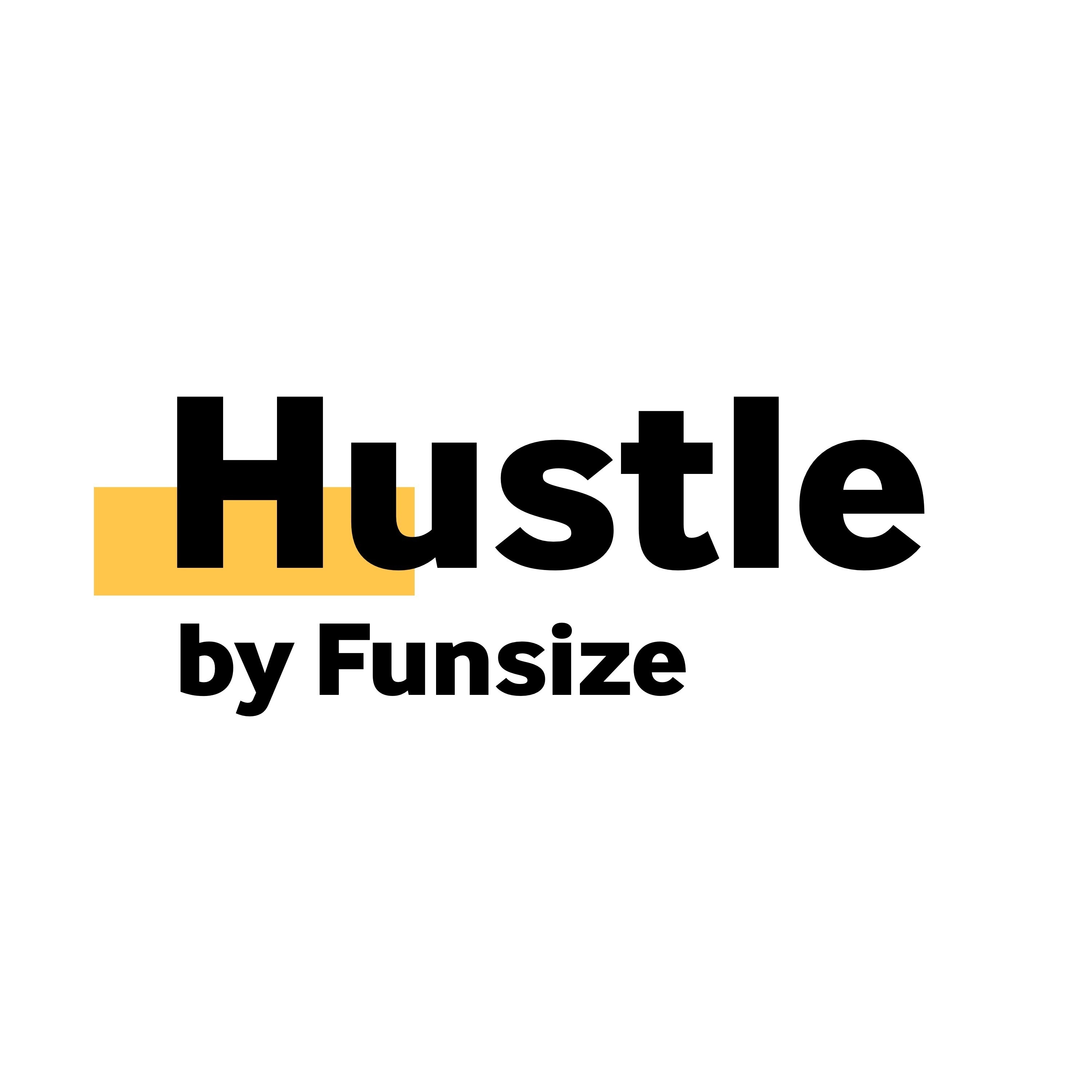Kirill Zubovsky is the founder of Smash Notes, but back in 2012 he had founded Scoutzie, a curated marketplace for designers, that he took through Y Combinator. Kirill enjoys the combination of development and design and self-learned those skills to start his first company. Currently Kirill is residing in Seattle and loving it.
The idea for Scoutzie was sparked by Kirill's desire to work from home and not partake in the typical 9 to 5 work life. First version of the platform was actually called AttentionHR and was meant as a place for new graduates to find part-time work online. Basically, Kirill just needed to solve his own problem of making a living, on his terms.
Eventually, Kirill was lucky to connect with Kelly Smith, a local Seattle entrepreneur, who invested into what became Scoutzie and gave Kirill an idea to focus on mobile design.
Before even building Scoutzie, Kirill emailed to over 500 different designers, explaining what he was working on, and inviting them to join. Out of 500 emails, a few hundred said yes.
The first version of the platform did not actually have a way to upload any designs, but the newly invited sent zip files, and Kirill manually added those files to the database.
Scoutzie was a place to showcase mobile design, and at the time, although the demand for mobile was taking off, established players in the design showcase were not yet making it a priority. There was a clear gap in the market.
Team Scoutzie met with Anthony Armendariz early on in their respective careers, and quickly became friends. At some point, one of the leads acquired through Scoutzie hired Anthony to work on a longer project. In order to take on the new workload, Anthony partnered up with his designer wife Nataly, and from there, Funsize was born.
Scoutzie helped designers start their own businesses and connect with job opportunities in their areas of expertise.
If the product is something people actually want, they would be willing to pay you for it, sight unseen. Putting up a paywall is a great test to verify whether your product is actually needed.
When Scoutzie team first wanted to experiment with a paid service, Kirill was really unsure if it would work. Meanwhile, Jennifer put up a splash page and asked for money.
Lo and behold, someone paid $5,000 within a day. They sent money before they had any assurances that the product would work because the service was in such demand.
Raise all the money you can get. You never know what happens tomorrow. When your company is early, it's a dark horse, but once you get some traction, there are actual numbers to evaluate, and those numbers might not look so hot. It's better to have more money, even with extra dilution, than to run out of money and to shut down.
The company reached a high volume of clients, but also was finding it difficult to continue raising money with investors. The potential volume for projects was high, but Scoutzie struggled to handle all of them because at the time, their model was not scalable.
As the project volume began to pick up, the Scoutzie team felt it was not possible to scale the company to the level of expectations of their investors. A consultancy was a fine business for the co-founders, but it was definitely not hitting venture-scale. It seemed that by automating all parts of the business and enabling designers to manage the projects via the platform would enable a breakthrough.
Automating your work could be helpful if you do it right, and extremely distracting and time consuming if you do not.
Simply automating everything will be taxing on the team and potentially useless for the business. What you want to do instead is to automate from underneath yourself, one bit at a time.
Keep doing what you are normally doing and keep the business going, don't commit to any large changes. But at the same time, start removing pieces of manual work, replacing them with automation, one bit at a time.
This way you can both, automate your work in the long-run, and not miss out on current business by doing too much, too soon.
Marketplace business model demands a cheap, repeatable process, where anyone in the marketplace is able to provide more or less equal value, and no supplier has significant power to sway the customers their way. High end labor on the other hand requires one-on-one attention, and customizations.
As a result, marketplaces focus on repeatable volume, charging a small fee of a very large number of transactions.
Meanwhile a custom design agency charges a premium, works with only a few customers, but delivers high quality work.
Being married to your co-founder could be pretty beneficial as no one else around you would support and encourage you as much as they will.
